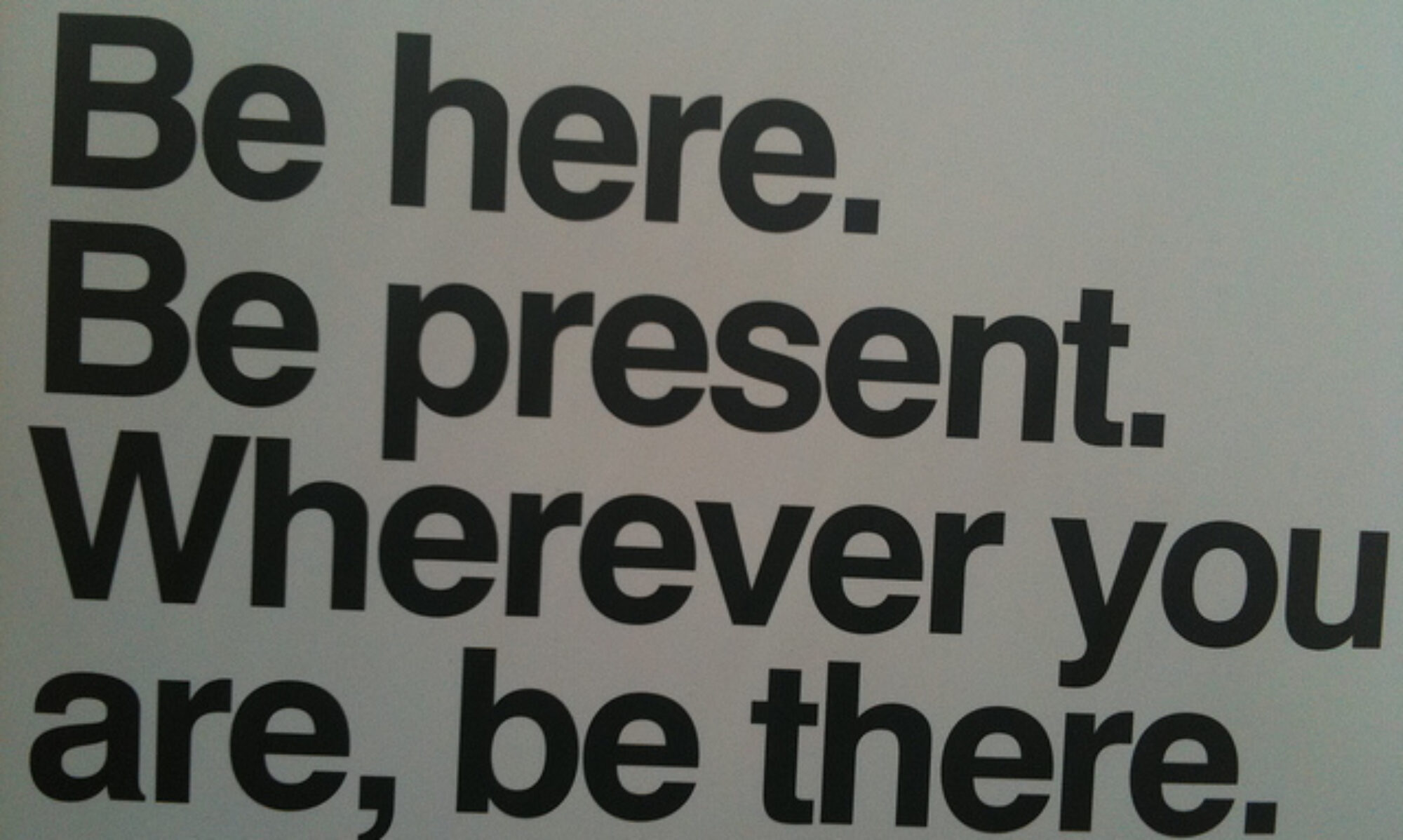The majority of my career has been spent in fields where diversity is lacking: travel/tourism, public relations/marketing and yoga. Despite the limited number of professionals who look like me, I’ve managed to create a network of contacts, associates and friends who understand the unique challenges people of color face in our shared industry.
Yoga, both as a community of practitioners and as a career, is facing a critical review. Many students feel a sense of otherness while in studio. And while you can find many photogenic yogis on Twitter and Instagram, it’s not likely that you will find a brown or black face among the well-known teachers and leaders at yoga conferences and events. Yoga may bring to mind peace, love and good feelings, but it’s also a business and a billion dollar industry. It’s hard to get excited about investing in an fitness environment that prices you out and doesn’t embrace you when you do venture into a class.
Knowing the challenge of representation in the yoga community, the growth of running clubs started and run by African American men and women has given me hope for what could happen to yoga. Groups like Black Girls RUN!, Black Men Run and Run2Live created multi-city communities from people who felt unwelcome in mainstream running clubs but still wanted to participate in the sport. Black Girls RUN! has been on my radar for about a year now. While they’re runs are far too early for my blood (seriously, what does 4:45 a.m. look like?), I have friends who swear by the camaraderie of the group, clocking multiple-mile runs two to three times per week. The same high they get, heels pounding the pavement and sweat flying while they surpass personal records and create memories, is what I’d like to see created for men and women of color in yoga.
Now that I’ve made the comparison, I will point out that yoga is a different beast. For starters, most people practice yoga in a studio, which can be a restrictive cost. Running starts at walking, which requires minimal equipment (shoes, hat, iPod for music). Issues about costs can be addressed by offering classes at a reasonable rate in the communities that aren’t being exposed to yoga. Additionally, the running groups participate in races, which is another layer of satisfaction – who doesn’t love the thrill of a race and getting a medal? Yoga typically isn’t associated with competition or awards. By setting and achieving individual and group goals, yoga can create that feeling of accomplishment that some derive from running.
I was lucky enough to be in a certification course with two other Black women. I’ve kept in touch to learn more about their experiences of being a student and in finding a place to be a leader. The USA Today article and the founders of the running groups have inspired me to create a network of independent and in-studio teachers of color. Though Dallas is not considered a major hub like an Atlanta, NY or DC, the city is fitness-focused and greater visibility of black and brown yogis can bring additional people into the fold.
What is the multicultural yoga community like in your city? Do you see a unity like the running groups, or is it more disjointed? What are you doing to create a more inclusive community?

